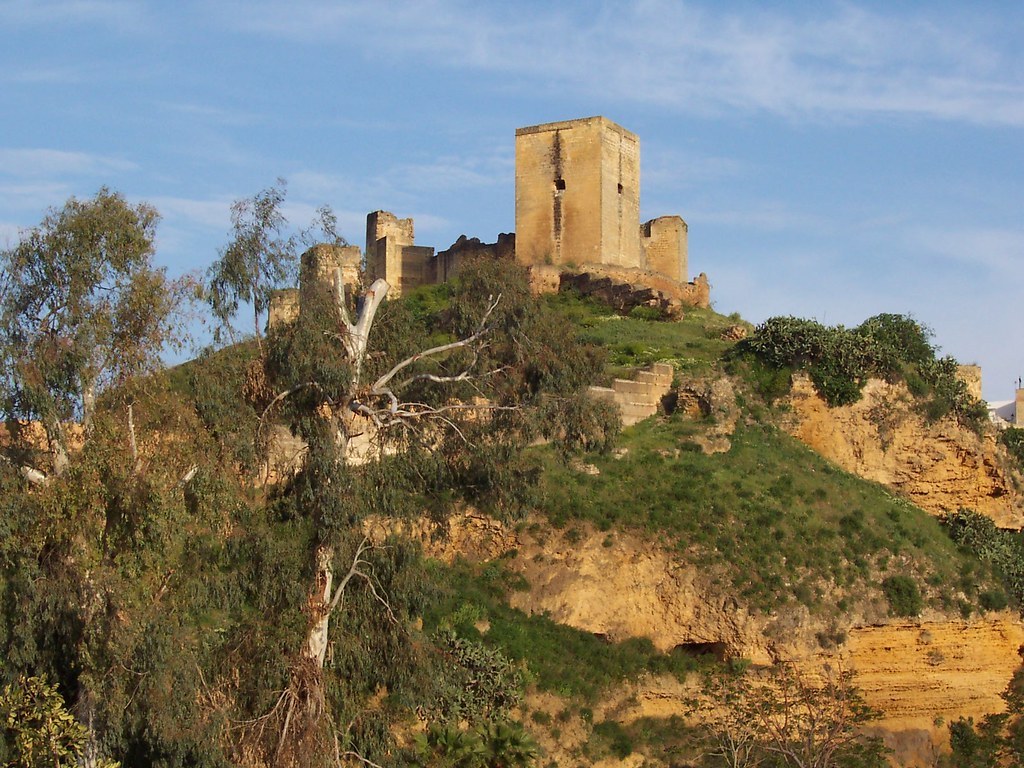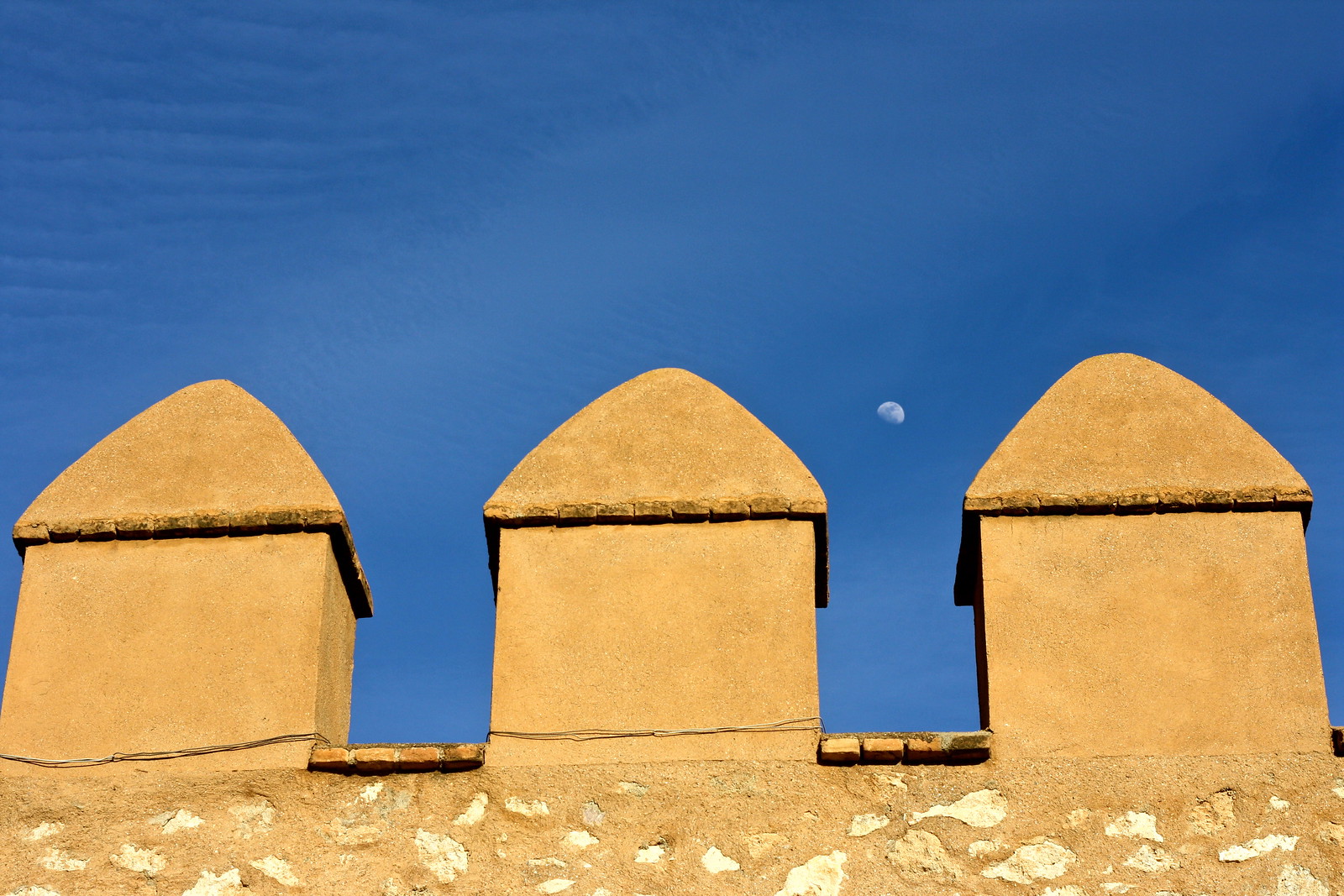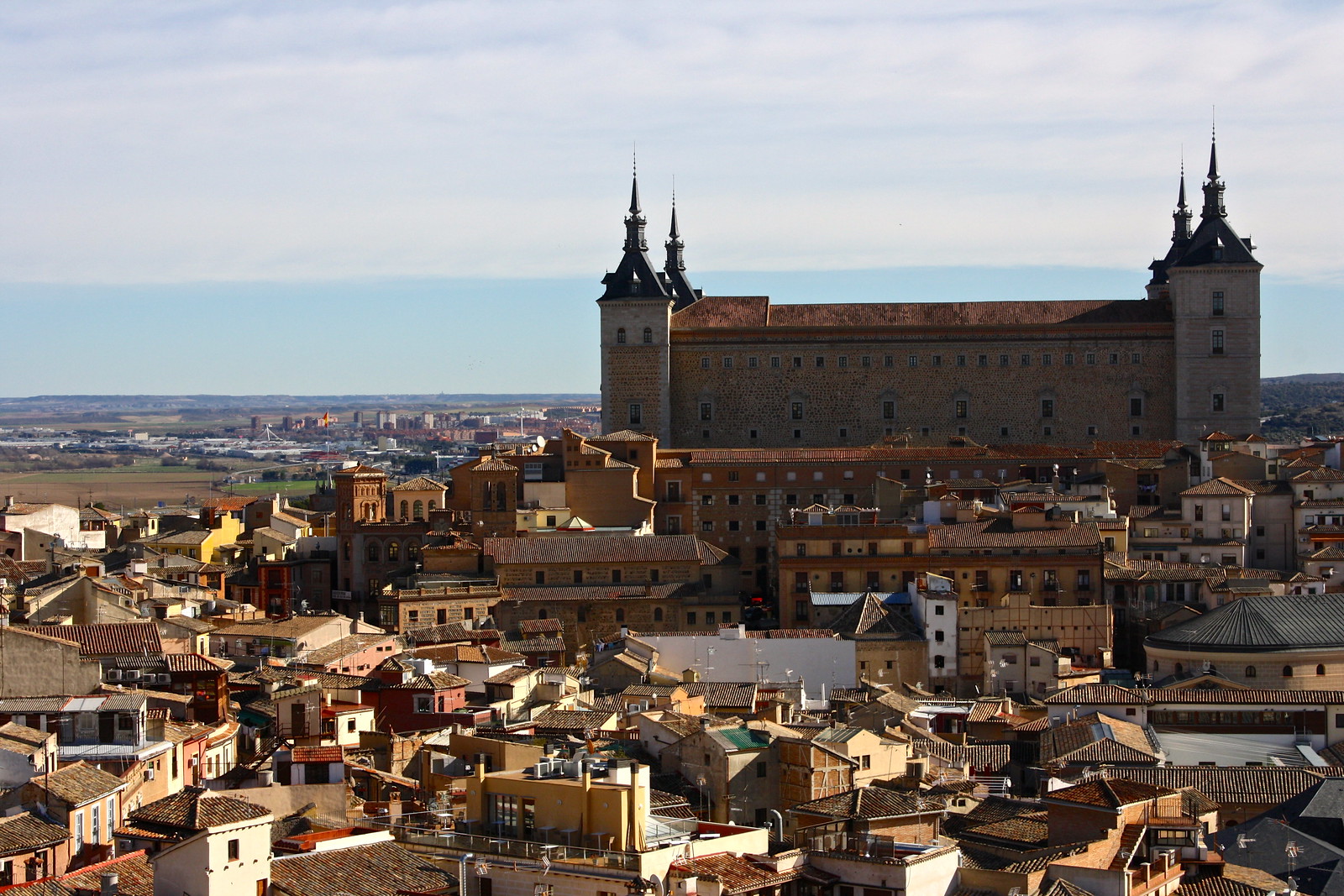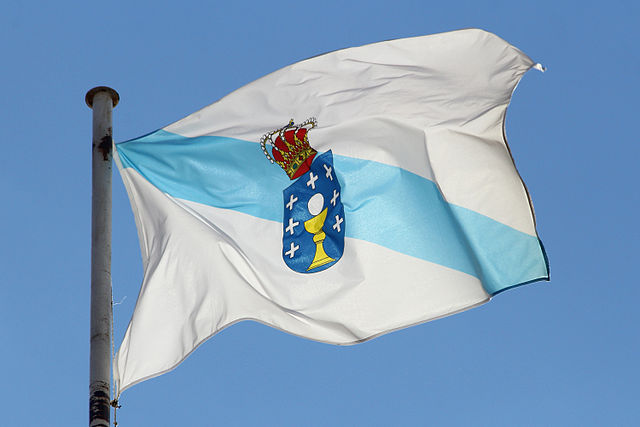If you spend any amount of time in the south of Spain, you’re bound to come across some castles that aren’t actually called
castillos in Spanish.
Instead, they’ve got some confusing name that begins with al-, like “alcalá,” “alcazaba,” and “alcázar.” Why not just stick with the native word for castle—
castillo—and leave it at that? Well, during the Middle Ages, Arabic-speaking Muslims from North Africa ruled much of the Iberian Peninsula and countless Arabic words entered the Spanish language, words like
algodón (“cotton”),
albañil (“construction worker”), and
aceituna (“olive”).
In addition to leaving a healthy amount of words in modern-day Spanish, the Arabic language also left lots of place-names across the country. Because of this, many castles you’ll run into around Spain will be called by their Arabic-derived term, usually because they are Moorish in origin or were built on an original Muslim fortification.
Below I have tried to demystify these very similar-sounding words, shown you how to pronounce them, and given a handful of examples each. Enjoy!
1) Alcalá: the castle
 |
| Castillo de Alcalá de Guadaíra by alqalat on Flickr |
How to pronounce it:
“ahl-kah-LAH” [al.kaˈla]
Where it comes from:
The Spanish place-name
alcalá comes from the Arabic
al-qala’a, which simply means “castle.”
Some examples:
Perhaps the most famous example is the old university town of
Alcalá de Henares, just outside of Madrid, which still has the crumbling ruins of an old Arab fort outside the city. Other cities include
Alcalá de Guadaíra outside of Sevilla (castle ruins pictured) and
Alcalá la Real in my own Jaén province.
2) Alcazaba: the citadel
How to pronounce it:
“ahl-kah-THAH-bah” [al.kaˈθa.βa]
Where it comes from:
Alcazaba comes from the Arabic
al-qasabah (think “kasbah”), which refers to a fortified compound within a city used by the military; i.e., a citadel.
Some examples:
Most visitors to Spain are familiar with the Alhambra complex on a hill in Granada. One of the oldest areas in the Alhambra is called the
alcazaba, and was where soldiers kept watch and arms were stored. Other cities across the southern half of the country have their own
alcazabas, including
Almería,
Antequera, and
Mérida.
3) Alcázar: the palace
How to pronounce it:
“ahl-KAH-thahr” [alˈka.θaɾ], and note that the plural is
alcázares and pronounced “ahl-KAH-thah-rays” [alˈka.θa.ɾes].
Where it comes from:
This one is rather fun, because it ultimately derives from Latin but gets there via Arabic. The Arabic word it comes from is
al-qasr—meaning castle or palace—which itself comes from Latin
castrum. Think of this less as a military fortification and more as a royal residence or fortress, although
alcázar would not exclude an armed presence.
Some examples:
Important
alcázares in Spain include ones in
Córdoba,
Segovia,
Sevilla, and
Toledo.
Caveat
While Spaniards will use these words in contemporary Spanish to refer to historical places, buildings, and sites, they will most likely never use them to refer to, say, the Neuschwanstein castle in Germany or the palace of Versailles. The native Spanish equivalent for
alcalá is
castillo, the counterpart for
alcazaba is
ciudadela, and the normal word for
alcázar is
palacio. The Arabic-derived words are almost exclusively used for said buildings or complexes with Moorish origins, while Christian castles, forts, and palaces—especially in the rest of Europe—will use the Latinate ones instead.
Does this post help clear up the confusion for my non-Arabic-speaking readers? Or are you just as confused as I was before I sat down to write? Comment below!





